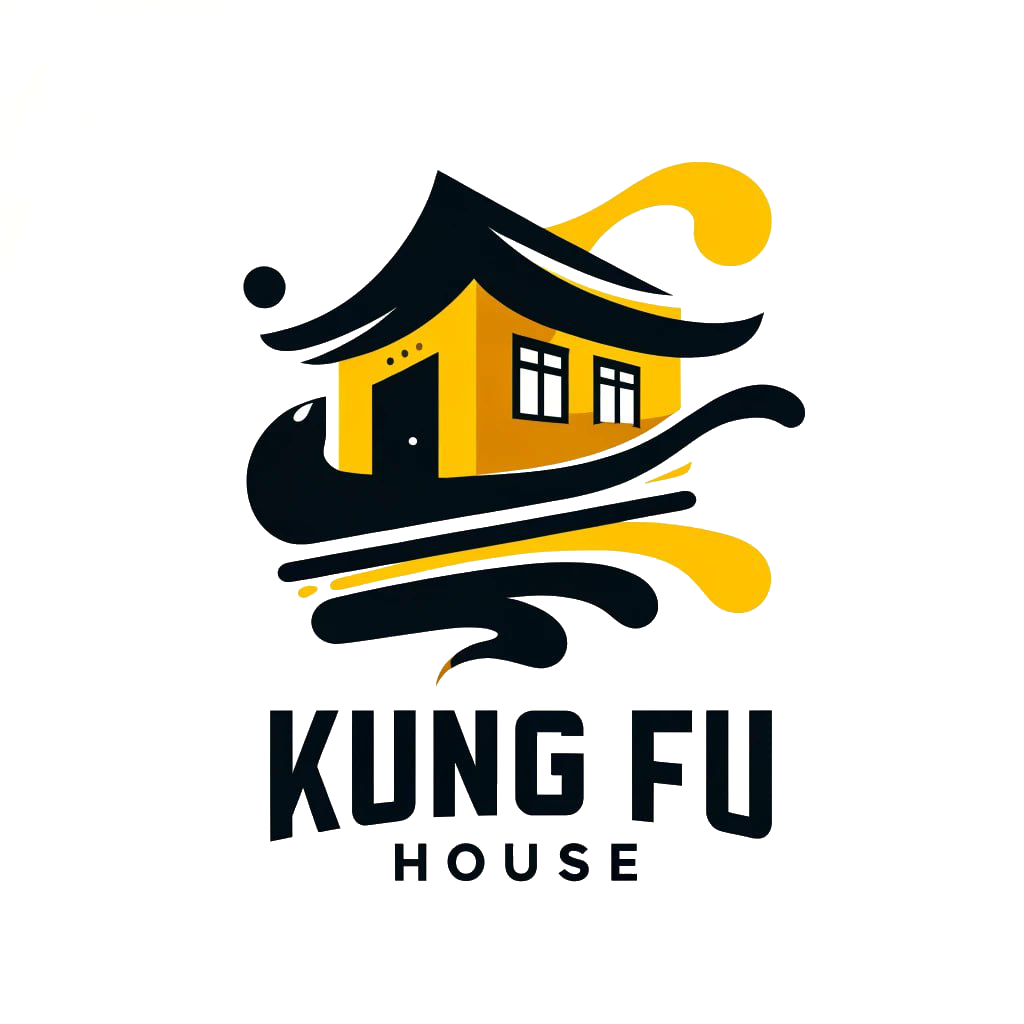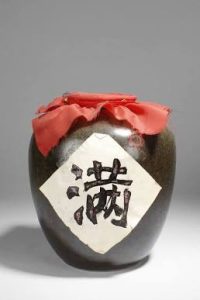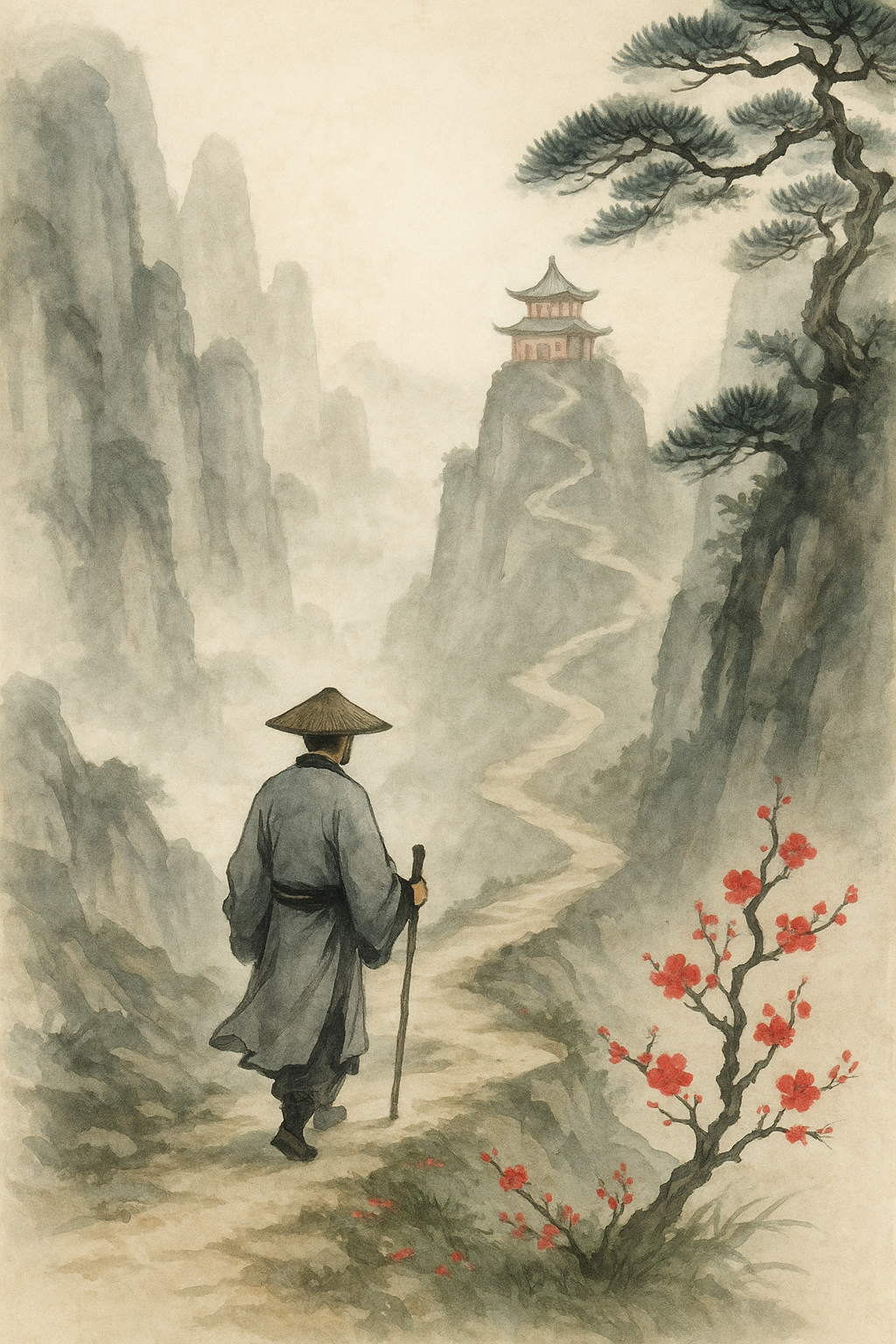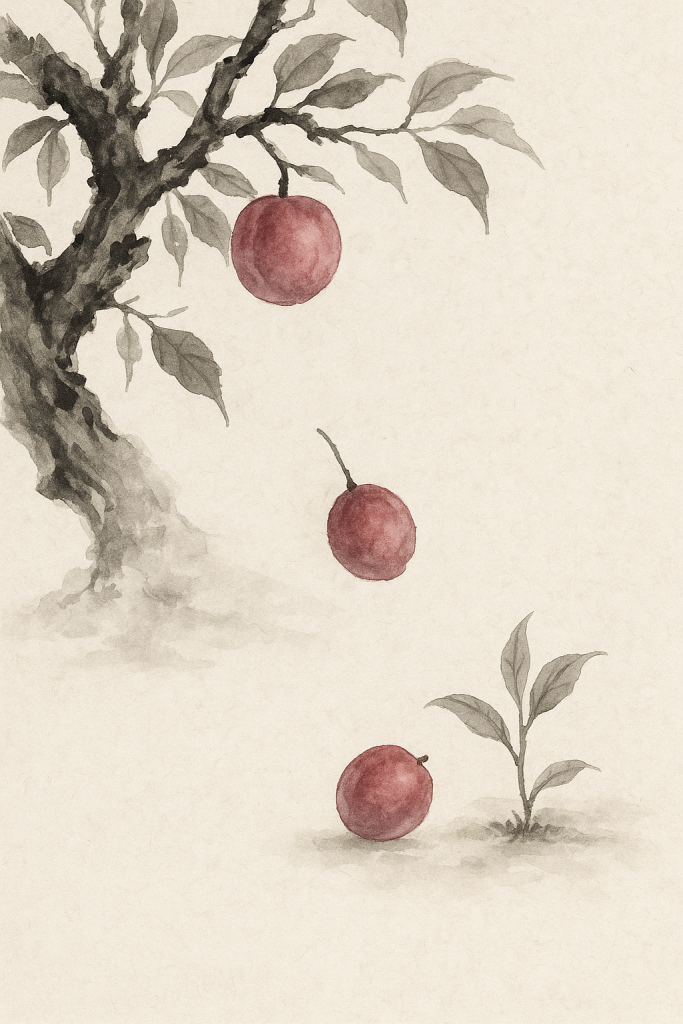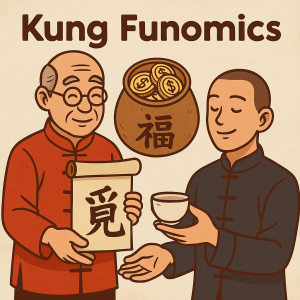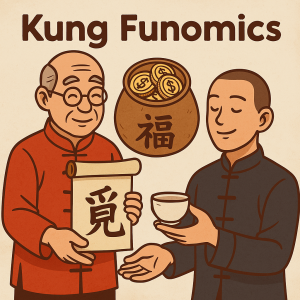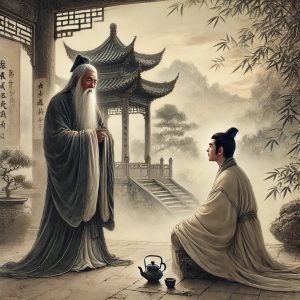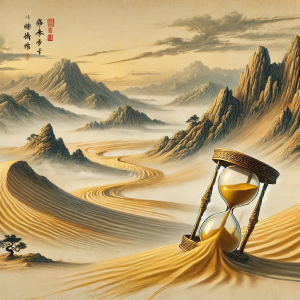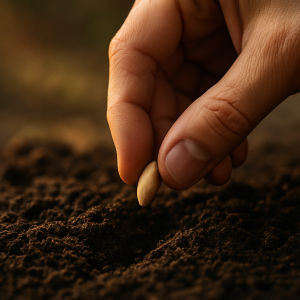
Every teacher knows the feeling. You pour your heart, time, and energy into a student who seems full of potential, only to watch them walk away. Some leave quietly. Others vanish without warning. No matter how it happens, it leaves behind a quiet frustration that builds over time.
We begin our journey with love for the art. We teach because it changed our lives and we want to pass that on. But somewhere along the way, many of us start to chase numbers. We begin saying yes to everyone who shows interest. We convince ourselves that success means more students, more signups, more attention.
But this approach has a cost.
Not every person who walks through the door is ready for the journey. Not every soil is ready to receive a seed. And not every student is coming for the right reasons.
Often, students are looking for a quick fix.
Not sometimes. Often. They come with energy but without roots. They want fast results, fast progress, fast rewards. They want the title, the recognition, the feeling. But not the process, the patience, or the discipline.
This is not because they are bad people. It is because the world has trained them to value speed over substance. They are used to apps, likes, rewards, and shortcuts. But the path we teach does not work that way. True Kung Fu or any serious discipline is not something you rush through. It is something that slowly transforms who you are.
When we say yes to everyone just to fill the room, we plant good seeds in shallow soil. The roots do not take. The tree does not grow.
And when the roots fail, it is not just the student who suffers. The teacher suffers too.
This is why so many teachers burn out. They are always recruiting. Always starting over. Always trying to keep students interested. But when the people coming in are not the right ones, the effort becomes heavy. You are no longer building a family. You are managing a crowd.
And the wrong crowd creates more problems than progress. You begin to feel it in the culture. Discipline weakens. Focus fades. Energy gets drained. You find yourself working harder just to keep things together.
We must learn to say no.
Not from pride, but from wisdom. Not because we want to reject people, but because we want to protect the mission. Saying no today might open space for the right student tomorrow.
It is better to lose a number than to lose the purpose.
We need to stop measuring success only by how many are present. A small group with loyalty and heart is stronger than a large group with no direction. The ones who come for a quick fix will leave at the first sign of struggle. They cannot help build something real.
So ask yourself this:
Do you want to spend your entire life teaching just to end up alone?
Do you want to train crowds who forget you?
Or do you want to look back and see a family that carries your work forward?
A living legacy.
The right seed must be planted in the right soil.
And the soil must be protected by a teacher who understands what they are truly growing.
